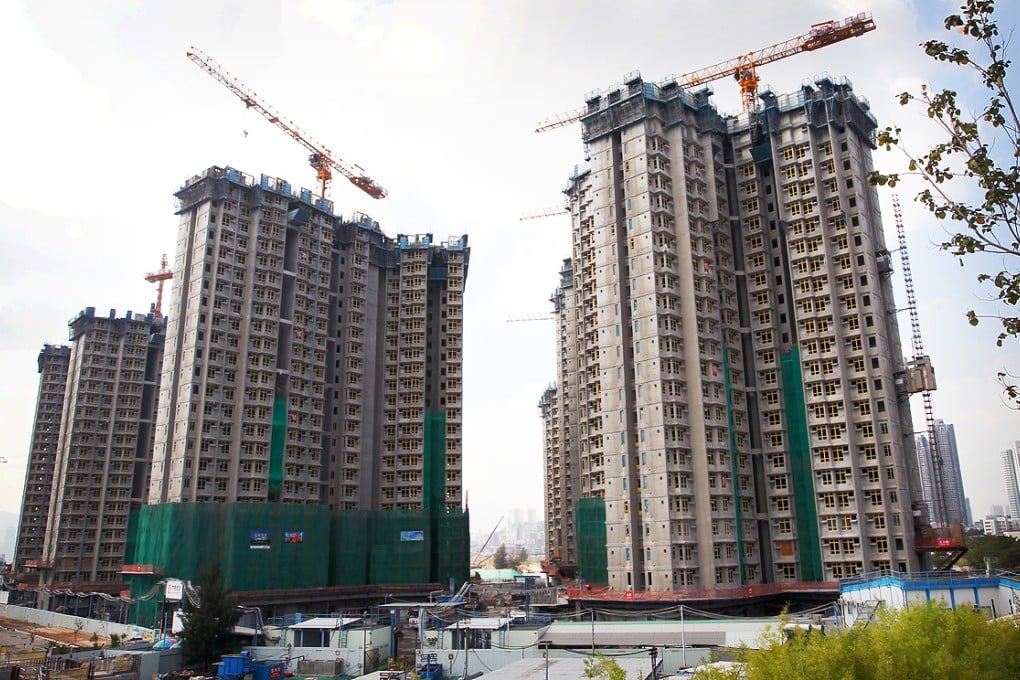Hong Kong's financial surplus will be used to meet multibillion-dollar construction target
Government's multibillion-dollar injection into 'housing reserve' to meet building target will not affect other public services, says John Tsang

Financial Secretary John Tsang Chun-wah expects Hong Kong to have a financial surplus in each of the next three fiscal years, allowing the government to "save up" in advance for public housing plans without sacrificing other services.
Tsang's comment came after it was revealed on Thursday that an estimated HK$27 billion would be injected as the first payment into a new "housing reserve" to help the Housing Authority meet the government's goal of building 290,000 public flats in the next decade.
" I expect [the public finance] should be able to achieve a surplus every year in my remaining term of three fiscal years," Tsang wrote on his blog yesterday.
"[The government] is able to reserve in advance public housing expenses without affecting other public services."

He expected that the authority would face a financing gap of HK$100 billion under the government's plan, after using billions from its current reserves and the revenue from selling subsidised flats under the Home Ownership Scheme. It means the first injection, which represents this year's investment return on the government's vast fiscal reserves, would only make up a small part of the total needed to meet the housing target.